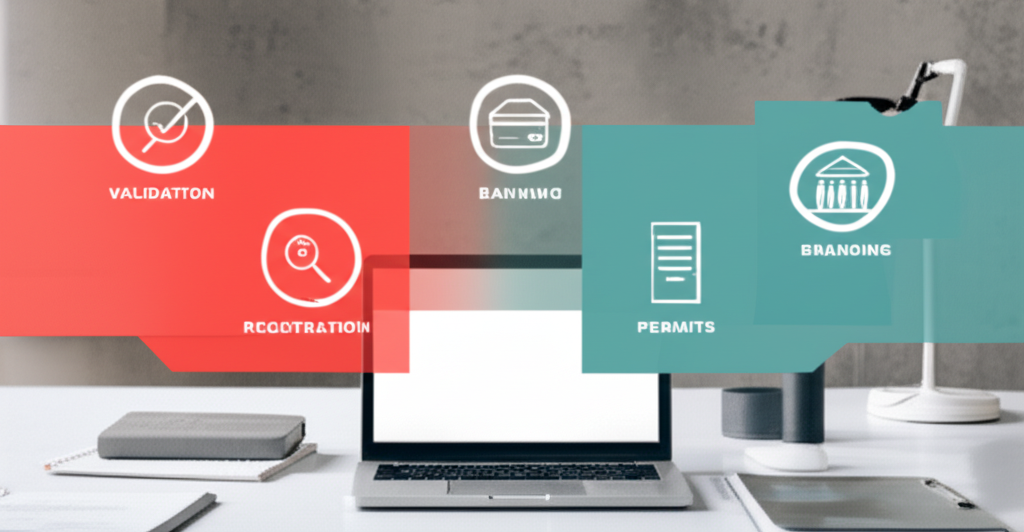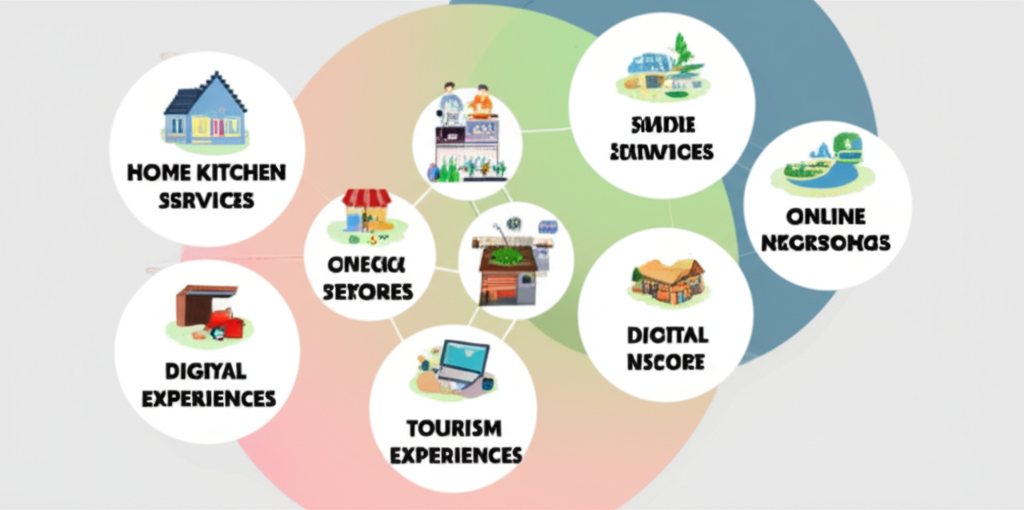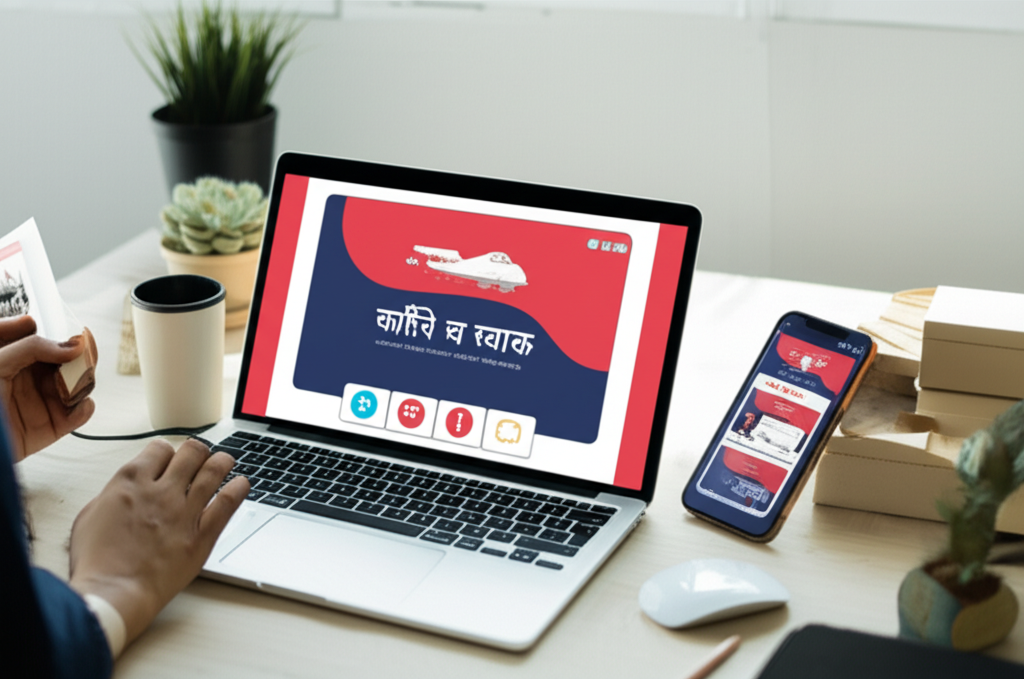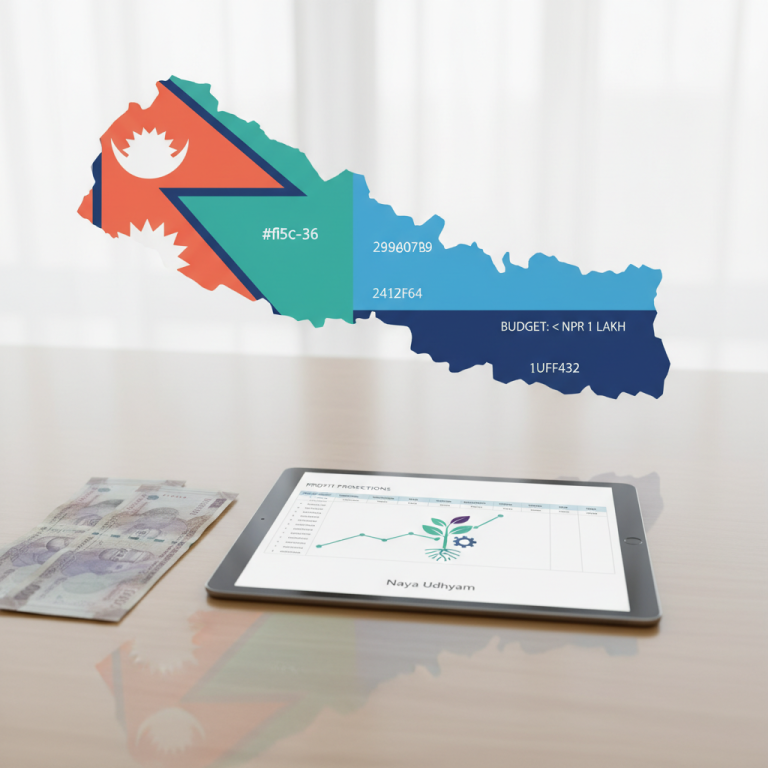business in nepal – practical guide to start, grow, and scale
You want to build something real in Nepal, earn with purpose, and take control of your time. Yet paperwork, capital, and fear of failure can hold you back. This guide gives you practical steps to start a business in Nepal, reduce risk, and grow with confidence using local realities and proven tactics.
Whether you aim for a small side hustle or a scalable company, you will find clear actions, legal steps, low-cost ideas, and a growth plan tailored for the Nepali market.
What it takes to start a business in Nepal

- Validate demand fast. Talk to 10 to 20 potential customers, collect preorders or deposits, and test a simple offer page to confirm real interest.
- Choose the right structure. Proprietorship for simplicity, Partnership for shared ownership, or Private Limited for liability protection and scaling.
- Name and register. Verify name availability and register at the Office of Company Registrar. Keep digital copies of citizenship, photos, and MOA AOA if applicable.
- Get PAN or VAT. Apply at the Inland Revenue Department. Register VAT if your turnover or sector requires it or if you want input credit.
- Permits and local approvals. Depending on sector, secure municipal trade license, Food and Dairy permits, Health or Education approvals, or DDA for pharmacy. Keep fire and safety compliance where applicable.
- Banking and payments. Open a business account, enable QR via FonePay, and integrate eSewa and Khalti. For online sales, set cash on delivery plus wallet options.
- Accounting and taxes. Set up simple bookkeeping, monthly TDS if hiring, VAT filing if applicable, and annual audits for companies.
- Operations and suppliers. Lock supplier terms early, define minimum order quantities, and create a 12 week cash plan so you never run out during launch.
- Brand and website. Secure a .com or .com.np domain, build a fast mobile friendly site, and claim your Google Business Profile for local searches.
- Launch with a clear offer. One hero product or service, one target customer, and one promise that solves a visible pain in Nepal.
Low investment and high potential opportunities

- Home kitchen and tiffin services. Hyperlocal delivery to offices and students, subscription based pricing.
- Agro processing micro units. Pickles, spices, tea, coffee, honey, millet snacks, vacuum packed dried foods.
- Digital services. Web design, social media management, content, SEO, and video editing for SMEs.
- Online niche stores. Baby products, beauty, trekking gear, or local crafts with COD and wallet payments.
- Education and skill training. IELTS, coding, accounting, and job ready skills with weekend cohorts.
- Cleaning, pest control, and maintenance. Subscription model for apartments and offices.
- Tourism experiences. Short city tours, homestays, hiking logistics, and driver guides with transparent pricing.
You may also find this helpful: business ideas in nepal
How to validate your idea in 7 days

- Define your customer. For example, new parents in Kathmandu or cafe owners in Pokhara.
- Build a one page offer. Problem, solution, price, proof, and a single call to action.
- Reach out directly. 50 targeted messages on Facebook, Instagram, LinkedIn, or Viber groups.
- Run a small ad. Rs 3,000 test on Facebook or TikTok with 2 creatives and 1 landing page.
- Collect deposits. Use eSewa or bank transfer to confirm buying intent.
- Deliver a pilot. Fulfill for the first 5 to 10 customers and collect feedback.
- Decide. Double down, pivot the offer, or drop it quickly.
Make your first 100 customers

- Local SEO. Optimize Google Business Profile, add 10 photos, 10 FAQs, and collect reviews weekly.
- Content and SEO. Publish helpful guides and comparisons that answer buyer questions. Target city based keywords like electrician in Lalitpur or bakery in Chitwan.
- Social proof. Case studies, before after photos, and short video testimonials.
- Partnerships. Bundle with complementary businesses and commission referrals.
- Retention. Launch memberships, subscriptions, or punch cards to lock in repeat revenue.
Money, margins, and pricing in Nepal
- Typical gross margins. Services 50 to 80 percent, food 30 to 60 percent, retail 15 to 35 percent, digital products 70 percent plus.
- Starter budget. Many micro businesses launch under Rs 100,000 using home assets and online channels.
- Cash conversion. Negotiate supplier credit, take partial advance from customers, and keep 3 months of operating costs in reserve.
Taxes, compliance, and paperwork

- PAN VAT. Obtain PAN for all entities. Register VAT if mandated by turnover or industry and claim input credit properly.
- Invoices and TDS. Issue serial invoices. Deduct TDS where required and file on time to avoid penalties.
- Employment basics. Offer clear contracts, track attendance, and follow payroll standards.
- Imports and eCommerce. Understand customs duties and use HS codes. Keep KYC for high value orders and returns.
Smart tools and automations
- Sales and CRM. Google Sheets or Notion to start, then graduate to a simple CRM.
- Marketing. Meta and TikTok Ads, email campaigns, WhatsApp or Viber sequences, and retargeting audiences.
- Analytics. GA4, Search Console, and call tracking so you know what drives revenue.
Common mistakes to avoid
- Doing everything manually without a system.
- Copying competitors without a unique angle or clear promise.
- Waiting for the perfect plan instead of testing with 5 to 10 real customers.
- Ignoring cash flow and tax deadlines.
Prime IT Sewa understands startup struggles in Nepal and acts as a one stop partner for branding, high performing websites, AI automation, marketing systems, and practical scaling support.
FAQs: Business in Nepal
What is the minimum investment to start?
You can start service and digital businesses with under Rs 100,000 by using home assets, free tools, and phased upgrades.
How long does registration take?
Name approval and company registration can complete in days if documents are ready, while sector specific permits may add extra time.
Can foreigners start a business in Nepal?
Yes, through approved FDI routes with minimum capital thresholds and sector rules. Consult a legal advisor for the latest requirements.
Which business is most profitable in Nepal?
Service models with recurring revenue and strong demand, such as digital services, cleaning, training, and niche food products, often achieve higher margins.
How do I accept digital payments?
Enable FonePay QR and integrate wallets like eSewa and Khalti. Offer COD for first time buyers to increase conversion.
Final takeaway
Focus on one clear problem, validate fast, register properly, and scale with systems. Start small, sell early, and improve weekly. You have everything you need to build a resilient business in Nepal.











